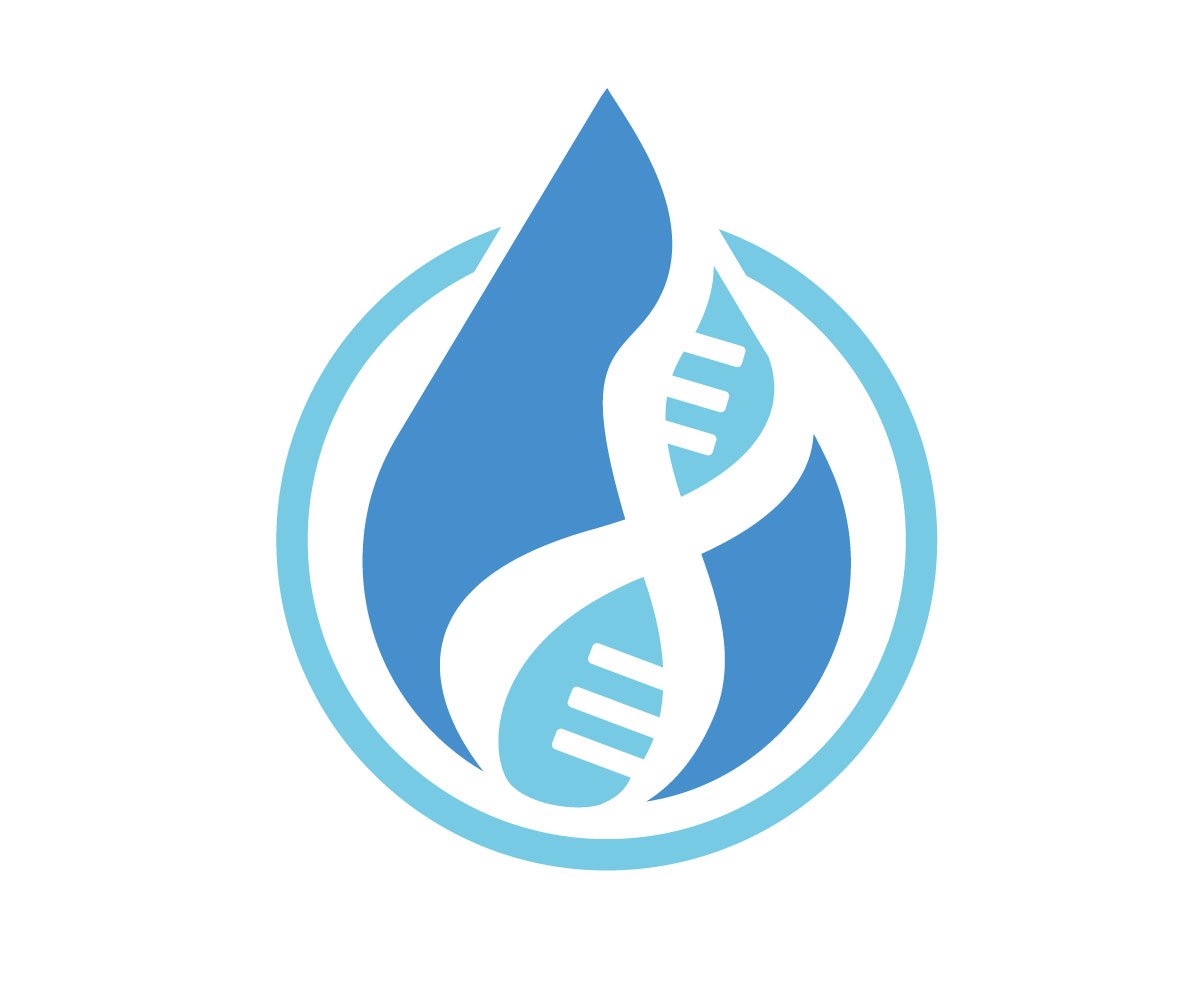Tiktok Videos and MyHeritage’s “Deep Nostalgia”- Tech Trends With a Significant Emotional Component
The recent surge in MyHeritage TikToks trending seems to be attributable to a recent release of a feature on their site called “deep nostalgia.” This tool allows you to convert a still photograph of a person into a short animated clip.
Sign up to read this post
Join Now

